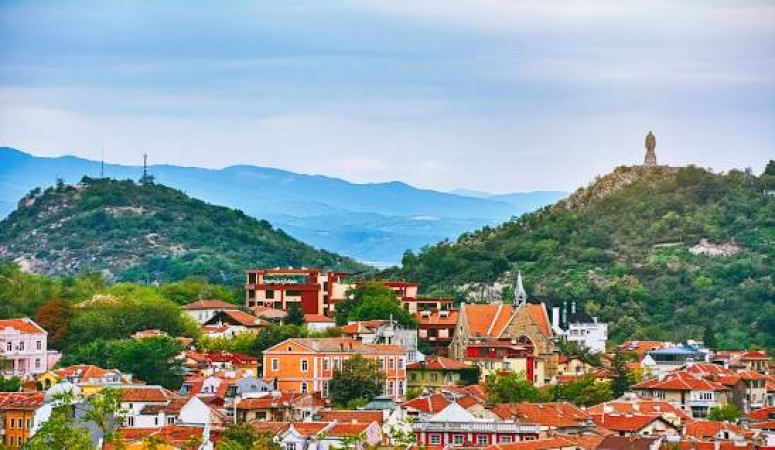
Nestled in the heart of the Balkan Peninsula, Bulgaria is a country that boasts a fascinating history, diverse landscapes, and a vibrant cultural heritage. From ancient civilizations to medieval kingdoms and beyond, Bulgaria's past has left an indelible mark on the region, making it a captivating destination for travelers and history enthusiasts alike. Bulgaria's history dates back thousands of years, with evidence of human habitation as far back as the Paleolithic era. The Thracians, an ancient Indo-European civilization, were among the earliest inhabitants, leaving behind traces of their culture in stunning archaeological sites like the Thracian tombs and the Valley of the Kings.
Over the centuries, Bulgaria's strategic location made it a coveted territory for various empires. During the medieval period, the Byzantine Empire and the Bulgarian Empire vied for dominance, resulting in the construction of impressive fortresses and religious monuments that still stand today. In the 7th century, the First Bulgarian Empire emerged, uniting the diverse tribes of the region under a single ruler. The empire flourished under leaders like Khan Krum and Tsar Simeon, witnessing a golden age of arts, literature, and architecture. Bulgaria's cultural legacy extends beyond its borders. In the 9th century, Saints Cyril and Methodius, two Byzantine brothers from Thessaloniki, created the Cyrillic alphabet, which would become the basis for many Slavic languages, including Bulgarian.
Bulgaria fell under Ottoman rule for nearly five centuries, leaving a profound impact on its culture and society. The period of Ottoman rule was marked by resistance and revolts, leading to the eventual liberation of Bulgaria in 1878. Following liberation, Bulgaria embarked on a path of nation-building and modernization. The early 20th century witnessed political turmoil and participation in both World Wars. However, the country's resilience and spirit persevered through difficult times. Bulgaria's cultural heritage is a tapestry of diverse traditions, art, music, and cuisine. Traditional Bulgarian music, with its hauntingly beautiful polyphonic harmonies, has been recognized as an UNESCO intangible cultural heritage. The country's culinary delights, such as banitsa (a savory pastry) and rakia (a fruit brandy), are not to be missed.
Bulgaria boasts an array of architectural wonders, from ancient Roman amphitheaters in Plovdiv to the majestic Rila Monastery in the Rila Mountains, a UNESCO World Heritage Site. The capital city, Sofia, showcases an intriguing mix of ancient, Ottoman, and modern architecture. Nature lovers are drawn to Bulgaria's diverse landscapes, which include the snow-capped peaks of the Balkan Mountains, the serene Black Sea coast, and the picturesque Rhodope Mountains, steeped in mythology. Above all, Bulgaria is renowned for its warm hospitality and welcoming spirit. Visitors are greeted with open arms and treated to the country's rich cultural traditions and warm-hearted hospitality.
In conclusion, Bulgaria is a captivating destination that weaves together a rich historical tapestry, cultural treasures, and breathtaking landscapes. As travelers venture through its ancient ruins, vibrant cities, and picturesque countryside, they are sure to be enchanted by the allure and beauty of this Balkan gem.
Also read -Five Moroccan migrants drown off Western Sahara: NGO
Defending Honor and Integrity: Rajnath Singh's Address on Kargil Vijay Divas
Netanyahu is losing support in Israel's polls due to judicial reform